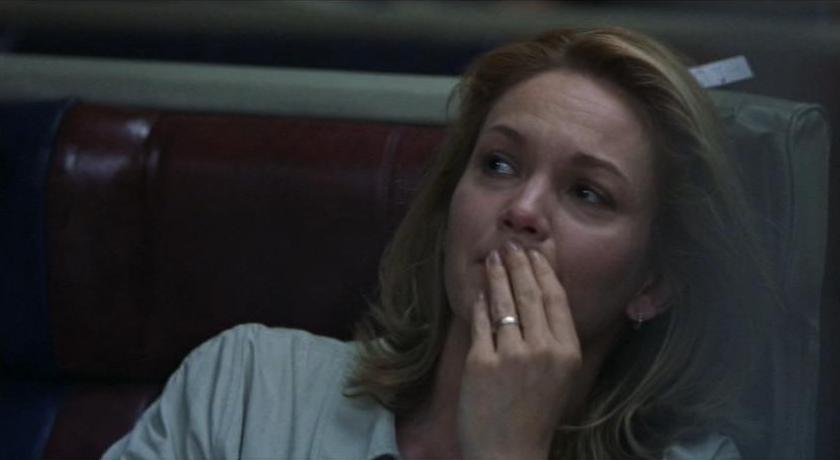
 |
| Photo © 2002 20th Century Fox |
| Academy Award Nominations: | |
| Best Actress: Diane Lane | |
| Golden Globe Nominations: | |
| Best Actress (Drama): Diane Lane | |
| Other Awards: | |
| New York Film Critics Circle: Best Actress (Lane) | |
| National Society of Film Critics: Best Actress (Lane) | |
| Permalink | Home | 2002 | ABC | Blog |